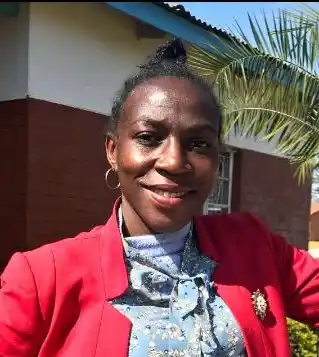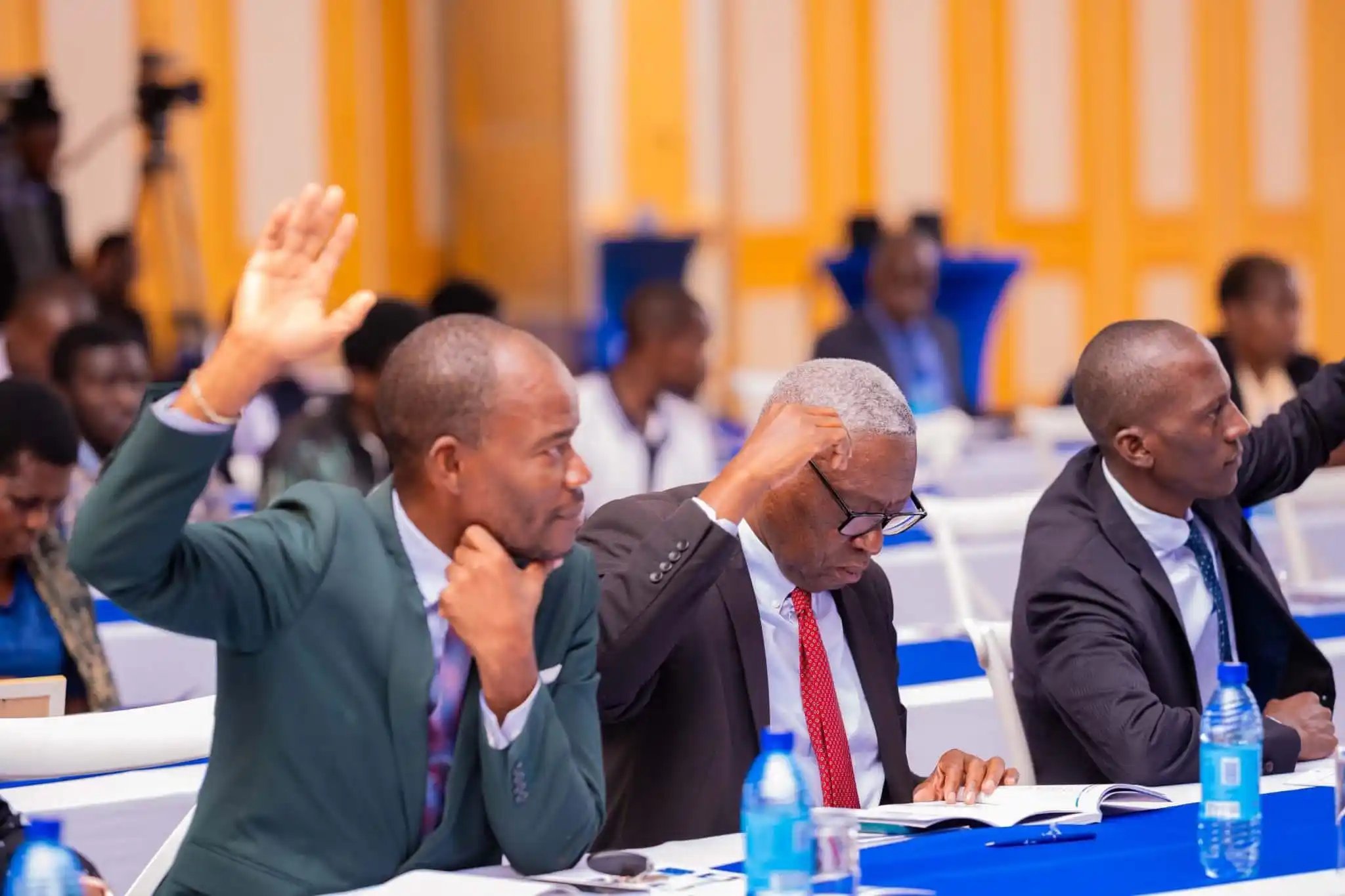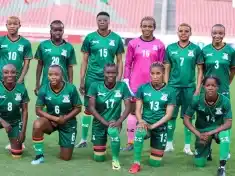
Stories of girls being married off below the legal age limit of 18 is not a new thing in Malawi.
There are many instances where girls at a tender age have been involved in child marriages for various reasons especially in the lakeshore areas of Traditional Authorities Mwalweni, Wasambo, Chapinduka and Mwamlowe in the districts of Rumphi and Karonga districts.
Take the case of Bina Ngwira for instance. At the age of 15, while in standard 7, she got impregnated. As per tradition in most cultures in the northern part of Malawi, the pregnancy meant that she should be married off to the man responsible for it. This scenario had therefore forced her to drop out of school.

Another story is that of Regina Chapuchapu now 18 and in form 2, who was pushed into an early marriage due to poverty. She opted to settle for a man who could provide and attend to all her needs after being fed up with challenges her grandmother had to endure just to take care of her.
According to statistics from education authorities, the area recorded about one hundred and ten child marriages in the first half of 2024, and out of those, only twenty-nine have been withdrawn and re-admitted back to school.
Faith Kumwenda headteacher at Chuateka Primary school in the area of traditional authority Wasambo in Karonga attributes this to poor learning environment as well as lack of role models to inspire girls to further their education.
“This school was established in the 1970’s but look at the infrastructure that we have, can that motivate a student to come back tomorrow? Just take a look at the houses of teachers, are they in any shape that can motivate a pupil to complete their education?” lamented Kumwenda.
However, Loyce Thindwa a community-based educator at Uliwa in Karonga, thinks poverty is one of the key factors pushing young girls into early marriages.
She said: ‘’Most families consider a girl child as a source of income through lobola that is paid by the family of a man interested to marry their daughter. Such being the case, once a girl becomes of age, her Aunties make everything possible to ensure that she gets married”.

Concurring with Thindwa is Emmanuel Mlangeni, a child protection officer at the Chitimba Social welfare office who said most families in the area are poor and when a girl child reaches puberty she is regarded as old enough to fend for herself and even for her siblings and parents.
He therefore attributes the high cases of child marriages in the area to failure by parents to take the responsibility of taking care of their children.
“We have parents especially here at Chiweta who give very little attention to their children especially when it is fish harvesting season. During that time of the year, they go to Makanjira in Mangochi district for fish business and some stay up to four months leaving their kids to take care of themselves” observed Mlangeni.
These developments are not only worrying because poverty might be passed on from generation to generation but also due to the fact that the lives of these young girls are being put at risk due to complications associated with child births of adolescents
Such fears triggered some concern among authorities and it is the reason the Church and Society of the Livingstonia Synod thought of implementing a Children, Youth and Communities for Change project in an effort to address the vice.
Through the project which is being implemented in the two districts of Karonga and Rumphi with funding from Transform Aid an Australian based organization, communities have been sensitized on the importance of keeping girls in school.

Leah Mvula a child rights officer with the church and society of the Livingstonia Synod noted that the dangers awaiting the girls and communities are worrying and need action.
According to Mvula, since its inception, communities have been responsive in withdrawing girls from marriages and readmitting them back to school.
Sadly, despite such promising news, there is another stumbling block. Once such cases are brought before the police, parents connive with perpetrators of such marriages and opt to settle without involving authorities.
According to Missi Gremu the officer in charge of Uliwa police post, when cases of underaged girls being married off are brought to police, perpetrators convince parents to withdraw such cases on grounds that it was just a matter of miscommunication between the two parties.
Another sad thing is the tendency by parents to change the age of their children once the matter is brought before the court.
Mastone Phiri is a first Grade Magistrate at Uliwa Magistrates Court whose office has failed to preside over 12 cases of child marriages because there was no evidence to back claims that the child in question was indeed underaged.
“People come with such cases here at the court and when the time comes for hearing you find that parents change tune on the age of their child. Initially they reported she is 15, and on the hearing day they say she is 19. Since we work with information that is provided by concerned parties, we are then left with no evidence to back earlier claims that the marriage involved an underaged. Phiri said.
Mvula observed that another biggest challenge in this fight is the culture of silence among community members. She fears for the implication if the situation is left unchecked.
But is there a way to address the vice?
From the Uliwa Police Post, Gremu is calling for more sensitization campaigns among communities on what the law says on child marriages.
“If people can be sensitized on what the role says about marriages involving underaged girls and its implications even to those aiding the vice, I think we can get somewhere in protecting our girls” said Gremu.
It is therefore also not surprising that stakeholders in the promotion of girl child education are now advocating for a law in the constitution that punishes parents who deliberately chose to ignore their responsibilities and marry off their underaged children.
One such person is Emmanuel Mlangeni child protection officer at the Chitimba Social welfare office.
“We need to have in our laws punishments to parents who deliberately chose not to take care of their children by among others forcing them into marriages or even not sending them to school. I think that can help us address these issues” observed Mlangeni.
For first grade magistrate Phiri, there is need to consider understanding and addressing the main factor that pushes girls into early marriages.

“Organizations, government and others come and withdraw girls from marriages and send them back to school, and off they go back to their offices without necessarily understanding and addressing factors that pushed the girls into marriage in the first place. We need to find that reason and address it, that’s when we will start to win this fight” Phiri said.
This is also shared by Victor Chikoti an education rights advocate who has warned that unless that is done, Malawi should forget her dreams of promoting girls’ education.
Mphatso Nkuonera who speaks for the ministry of education, said government through his ministry is providing bursaries to ensure that girls coming from less privileged families also have access to education.
However, he said lack of role models for girls in remote areas calls for a multi-sectoral approach if more girls are to be motivated to have interest to go further with education.
As time ticks towards 2030, a year in which countries agreed to ensure inclusive and equitable quality education and promote lifelong learning opportunities for all, the time is now for Malawi to address challenges such as early marriages, young girls like Bina Ngwira and Regina Chapuchapu are facing if it is to achieve its aspirations.







0 Comments